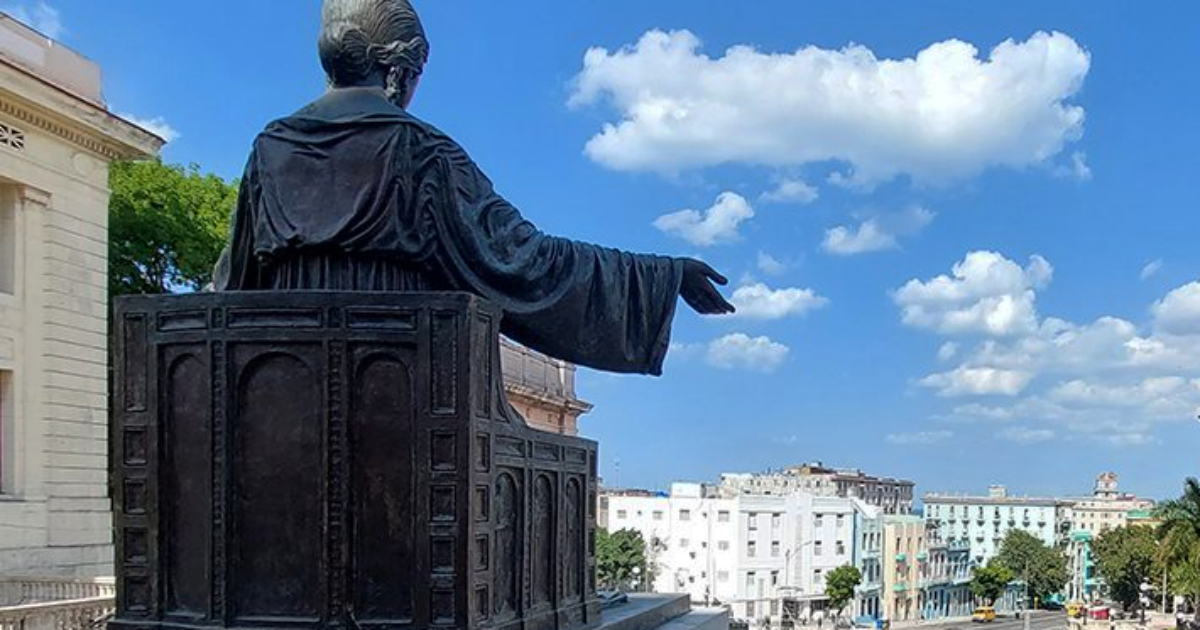The recent pricing strategy implemented by Cuba's Telecommunications Company (ETECSA), which restricts mobile internet access in Cuban pesos and shifts the remainder of usage costs to foreign currency payments, has sparked a notable response in international media. From European outlets to Latin American platforms, this decision is viewed as exacerbating social inequality in Cuba and has captured attention due to the organized response from the student movement, which voiced its opposition through strikes and collective statements.
In Spain, the newspaper El País has been particularly active in its coverage, publishing numerous articles since early June. One article labeled the measure as a "digital apartheid," highlighting that only those receiving remittances from abroad could afford to navigate beyond the basic monthly limit.
In a piece by Cuban historian and academic Rafael Rojas, the publication also underscored the youth's discontent and the demonstrations in at least 25 university faculties, an unusual occurrence in Cuba's state-controlled higher education system.
Globally-reaching agency Reuters dedicated at least two reports to the crisis spurred by the tariff increase. Its dispatches emphasized that the new pricing policy "fueled public frustration," particularly among students, and noted the palliative measures offered by ETECSA, such as 6 GB of subsidized data. However, the agency also reported testimonies highlighting dissatisfaction with the offer as insufficient.
In France, France 24 covered the issue in its French edition, stating that "a new phone pricing in Cuba sparks discontent." The outlet mentioned that with an average salary of about 2,000 pesos (roughly 16 dollars), many Cubans are unable to afford the foreign currency services proposed by ETECSA as a solution.
Italian agency ANSA also echoed the new tariffs imposed by the Cuban regime. In a report published last December—anticipating the change—it quoted Prime Minister Manuel Marrero Cruz, who admitted the intention was to reduce peso consumption and encourage foreign currency inflow. The agency further noted that the Cuban government hoped this measure would "ensure service sustainability."
In Latin America, outlets like Infobae (Argentina) and Excélsior (Mexico) reported on both the tariff increase and the student protests. Both highlighted the unprecedented nature of the protests, organized without partisan leadership and coordinated through social media and public pronouncements by university collectives.
From Asia, Malaysia's The Star included the Cuban case in its technology section, noting that the measure had generated "a wave of criticism," especially due to the limitations in national currency and the necessity of resorting to digital platforms to access the service.
Even Wikipedia, in its English version, has updated the entry for ETECSA to include information about the pricing reform and student demonstrations, indicating that the issue has transcended to global informational forums and audiences.
Although major outlets have yet to provide specific coverage, the attention from the cited media reveals that ETECSA's policy has been unpopular not only within the island but has also projected an international image of a Cuba that is increasingly restricted, unequal, and disconnected.
Key Questions About ETECSA's Tariff Changes and Student Protests
Why did ETECSA implement new pricing strategies?
ETECSA introduced new pricing strategies to limit mobile internet access in Cuban pesos and encourage foreign currency payment for additional usage, aiming to reduce peso consumption and stimulate foreign currency inflow.
What has been the international reaction to ETECSA's tariff changes?
International media has widely criticized ETECSA's tariff changes, viewing them as exacerbating social inequality and drawing attention due to the organized student protests against the measures.
How have Cuban students responded to the new internet pricing?
Cuban students have responded to the new internet pricing with protests, strikes, and collective statements, expressing their dissatisfaction with the policy changes and their impact on accessibility.
